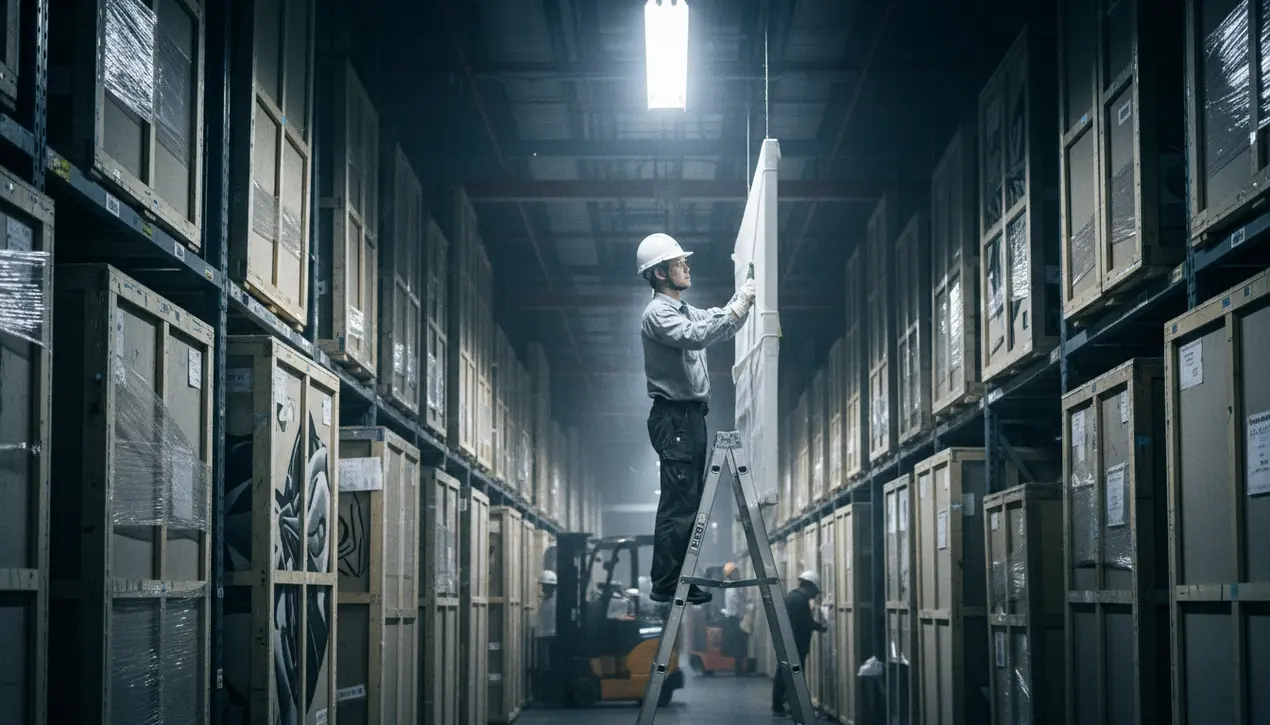
Entertainmenttheatre & artsArt Auctions
Hong Kong's Art Market Edge Requires Infrastructure Improvements.
AN
Andrew Blake
6 hours ago7 min read
The perennial debate about Hong Kong's position in the global art market resurfaced with fresh urgency at the recent Art Business Conference, where a consensus emerged that the city's reliance on financial sweeteners like tax breaks is no longer a sufficient strategy to maintain its competitive edge. For years, Hong Kong has positioned itself as the Asia-Pacific art hub, leveraging its zero-tax policy on art imports and its status as a financial gateway to mainland China to attract major auction houses like Sotheby's and Christie's, alongside a constellation of blue-chip galleries.Yet, as experts at the conference compellingly argued, the infrastructure supporting this vibrant market has failed to keep pace with its ambitions, creating a critical vulnerability. The physical spaces for storing, handling, and showcasing art—particularly large-scale installations and sensitive contemporary works—are often inadequate, lagging behind the purpose-built, climate-controlled facilities found in rival centers like Singapore or Seoul.Furthermore, the logistical labyrinth of shipping and insurance in a region prone to bureaucratic tangles presents a persistent headache for international collectors and galleries, who increasingly demand seamless, museum-grade service from cradle to grave. This isn't merely about building more warehouses; it's about cultivating a holistic ecosystem that includes robust art logistics firms, specialized art handlers, comprehensive insurance products tailored for high-value assets, and a legal framework that provides unambiguous title guarantees.The recent expansion of M+, the city's monumental museum of visual culture, has proven that Hong Kong can successfully execute world-class cultural infrastructure, but that momentum must now permeate the entire commercial art chain. Without these foundational improvements, the city risks seeing its hard-won market share gradually erode, as wealth and collections migrate to jurisdictions that offer not just fiscal advantages but also operational peace of mind. The conversation has decisively shifted from simply attracting capital to creating a sustainable environment where art can not only be bought and sold, but also preserved, studied, and celebrated with the utmost professional rigor.
#Art Business Conference
#Hong Kong
#Global Art Market
#Infrastructure
#Tax Incentives
#featured
Stay Informed. Act Smarter.
Get weekly highlights, major headlines, and expert insights — then put your knowledge to work in our live prediction markets.
Comments
Loading comments...
© 2025 Outpoll Service LTD. All rights reserved.